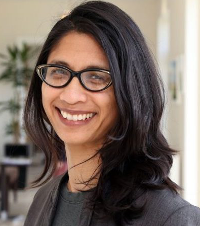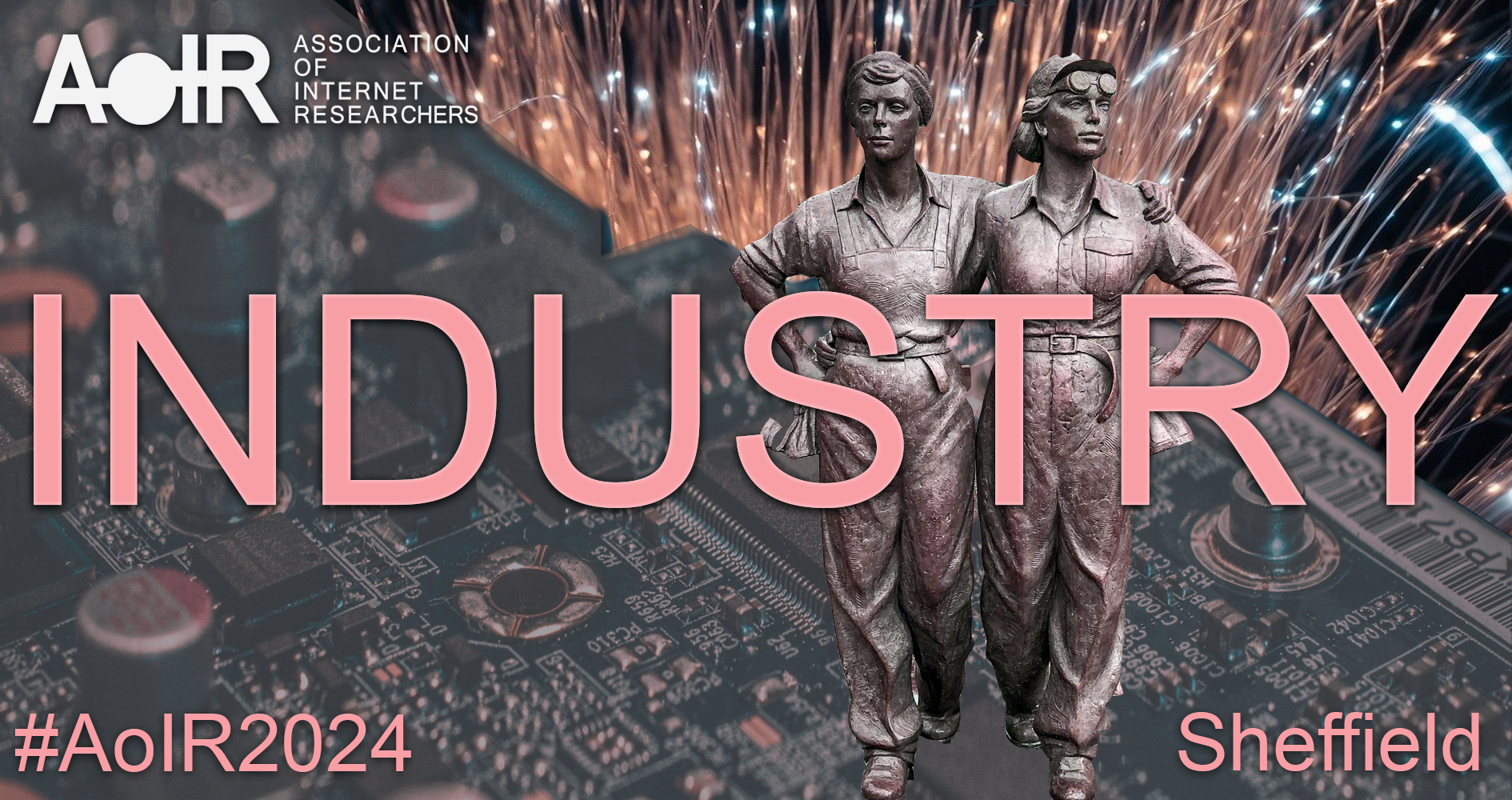AoIR2020 Keynote Plenary
Each year the Association of Internet Researchers brings individuals to our conference who focus on exciting and emerging areas of Internet research.
Keynote
a fireside chat with Kate Crawford
Distinguished Research Professor at NYU and cofounder of the AI Now Institute; and Senior Principal Researcher at Microsoft Research New York
and interlocutor
Alondra Nelson
President of the Social Science Research Council and Harold F. Linder Professor
at the Institute for Advanced Study in Princeton

Kate Crawford is a leading academic on the social and political implications of artificial intelligence. For over a decade, her work has focused on understanding large-scale data systems in the wider contexts of politics, history, labor, and the environment. Kate Crawford is a Distinguished Research Professor at NYU and a Senior Principal Researcher at MSR-NYC. In 2020/21, she is the inaugural Visiting Chair for AI and Justice at the École Normale Supérieure in Paris. Kate co-founded the AI Now Institute at New York University, a university center dedicated to researching the social implications of AI and related technologies. In 2019, she and Vladan Joler won the Beazley Design of the Year Award for their Anatomy of an AI System project, which was recently acquired by the MoMA’s permanent collection. She was also jointly awarded the Ayrton Prize from the British Society for the History of Science for the project Excavating AI. Her new book Atlas of AI is forthcoming with Yale University Press in 2021.
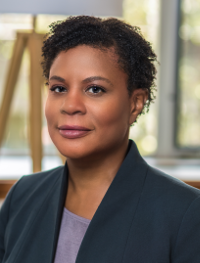
Alondra Nelson, President of the Social Science Research Council and Harold F. Linder Professor at the Institute for Advanced Study in Princeton, is an acclaimed researcher and author, who explores questions of science, technology, and social inequality. Nelson’s books include, Body and Soul: The Black Panther Party and the Fight Against Medical Discrimination and The Social Life of DNA: Race, Reparations, and Reconciliation after the Genome. She is coeditor of Genetics and the Unsettled Past: The Collision of DNA, Race and History (with Keith Wailoo and Catherine Lee) and Technicolor: Race, Technology, and Everyday Life (with Thuy Linh N. Tu). Nelson serves on the Board of Trustees of the Andrew W. Mellon Foundation and the Russell Sage Foundation, and on the Board of Directors of the Teagle Foundation and the Data & Society Research Institute. She is an elected member of the American Academy of Political and Social Science, the American Academy of Arts and Sciences, and the American Philosophical Society.
THE PANDEMIC PRETEXT: POLITICS OF AI AFTER COVID-19
A conversation with Kate Crawford and Alondra Nelson
This keynote conversation focuses on the shifts in surveillance practices since Covid-19, and the implications for the relationship between bodies, the state, and the technology sector. How is the pandemic used as a pretext for increasingly rapacious data capture and surveillance? Which communities face the greatest risks? And what are the changing material economies of the new data extraction platforms? Kate Crawford and Alondra Nelson will discuss their longstanding projects at the intersection of technology, society and inequality, including Kate’s much-anticipated book Atlas of AI (Yale, 2021) and Alondra’s work with the Public Health, Surveillance, and Human Rights Network at the Social Science Research Council that is mapping the risks to rights and privacy posed by the pandemic. They will also address the inter-related crises of governance, public health and the climate.
When: 26 October 2020, 22:00 UTC
How: Details will be distributed to #AoIR2020 Conference Registrants.
Additional information available here.
Plenary Panel
LIVING DATA
Prof. Rob Kitchin, Maynooth University
Assoc. Prof. Seeta Peña Gangadharan, London School of Economics and Political Science
Prof. Helen Kennedy, University of Sheffield
Our lived experience is increasingly entangled with data flows, data capture, and data processes. Datafication is also increasingly lively, animated by complex algorithms that allow it to learn and, in doing so, expand further into our lives. This panel will discuss what it means to live with, through, and in response to the datafication of our everyday. Our 3 panellists will bring into dialogue a diverse set of approaches – spatiality, questions of social justice, everyday life – to critically engage with datafication. Underlying this discussion is the question of whether “good” data processes, or living well with data, is possible.
Papers:
Slow Computing and Living a Good Data Life – Prof. Rob Kitchin
Life and death: Optimization, democracy, and justice – Assoc. Prof. Seeta Peña Gangadharan
Researching living with data: what matters, and what’s missing – Prof. Helen Kennedy
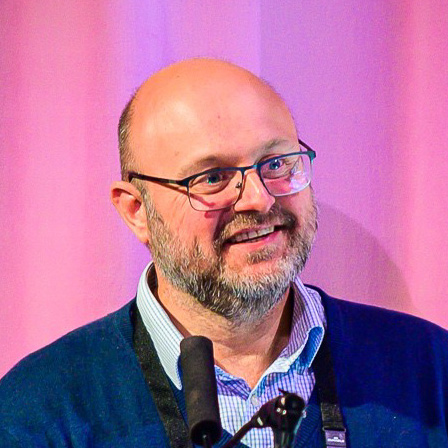 Rob Kitchin is a Professor in the Maynooth University Social Sciences Institute. His research principally focuses on the relationship between digital technology, society and space, with a particular interest in the production and resistance to smart urbanism. His latest books are ‘The Right to the Smart City’ (2019, Emerald), ‘Slow Computing: Why We Need Balanced Digital Lives’ (2020, BUP) and ‘Data Lives’ (in press, 2021, BUP). @RobKitchin
Rob Kitchin is a Professor in the Maynooth University Social Sciences Institute. His research principally focuses on the relationship between digital technology, society and space, with a particular interest in the production and resistance to smart urbanism. His latest books are ‘The Right to the Smart City’ (2019, Emerald), ‘Slow Computing: Why We Need Balanced Digital Lives’ (2020, BUP) and ‘Data Lives’ (in press, 2021, BUP). @RobKitchin
Seeta Peña Gangadharan is Associate Professor in the Department of Media and Communications at the London School of Economics and Political Science. Her work focuses inclusion, exclusion, and marginalization, as well as questions around democracy, social justice, and technological governance. She currently co-leads two projects: Our Data Bodies, which examines the impact of data collection and data-driven technologies on members of marginalized communities in the United States, and Justice, Equity, and Technology, which explores the impacts of data-driven technologies and infrastructures on European civil society. #ourdatabodies
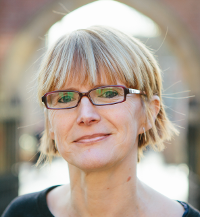 Helen Kennedy is Professor of Digital Society at the University of Sheffield. Over 20+ years, she has researched how digital developments are experienced by ’ordinary people’ and how these experiences can inform the work of digital media practitioners. She is currently researching the datafication of everyday life. She is interested in perceptions of and feelings about data mining and related issues like trust, inequality and what good data practice might look like. She is also interested in the role of everyday visual representations of data and whether they can mobilise people to act. @hmtk
Helen Kennedy is Professor of Digital Society at the University of Sheffield. Over 20+ years, she has researched how digital developments are experienced by ’ordinary people’ and how these experiences can inform the work of digital media practitioners. She is currently researching the datafication of everyday life. She is interested in perceptions of and feelings about data mining and related issues like trust, inequality and what good data practice might look like. She is also interested in the role of everyday visual representations of data and whether they can mobilise people to act. @hmtk
When: 28 October 2020, 14:00 UTC
How: Details will be distributed to #AoIR2020 Conference Registrants.
Additional information available here.

